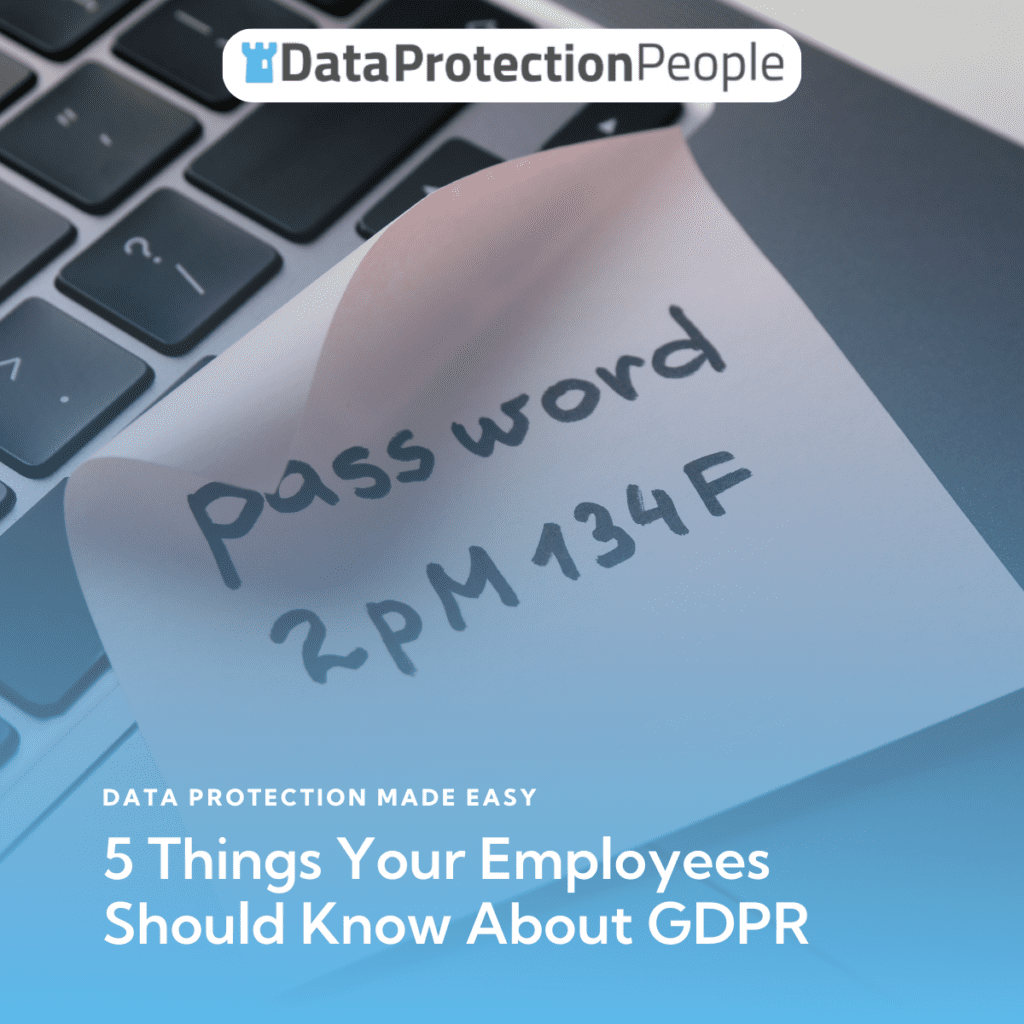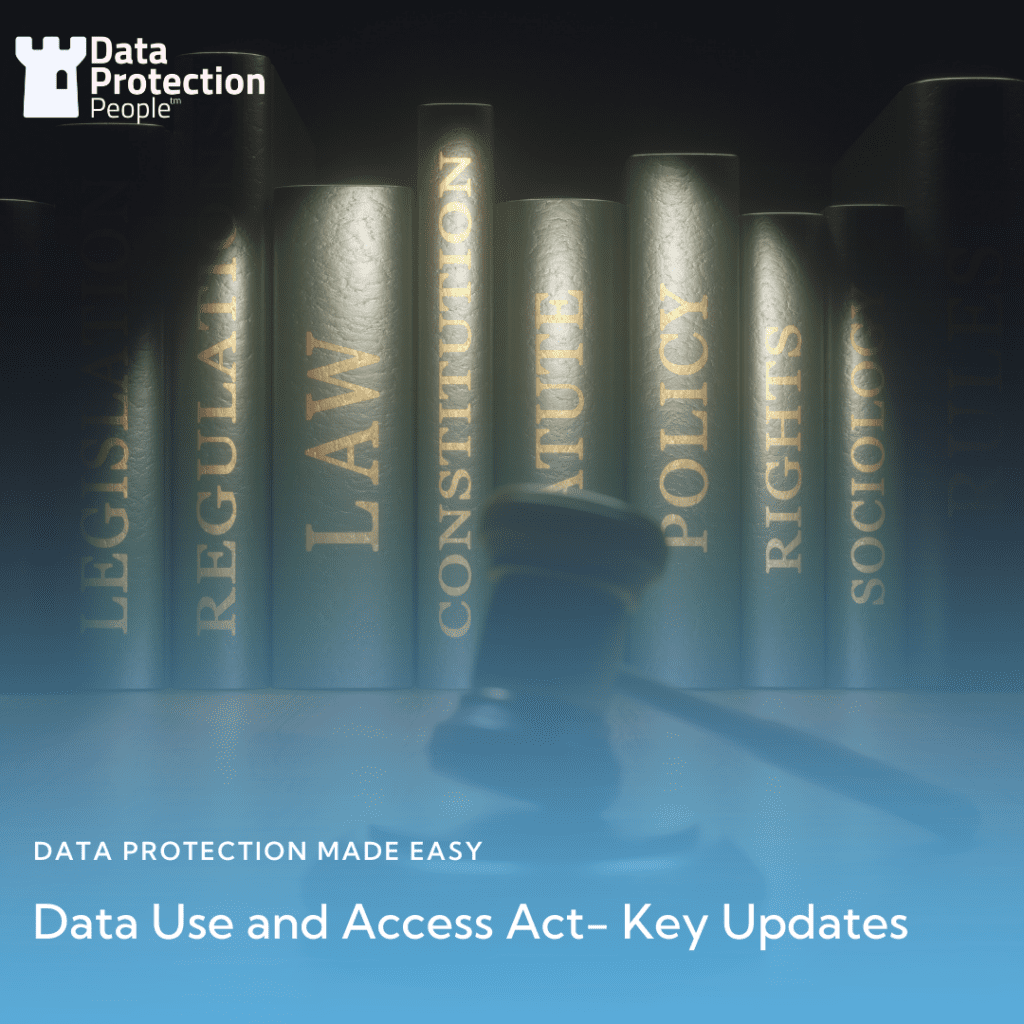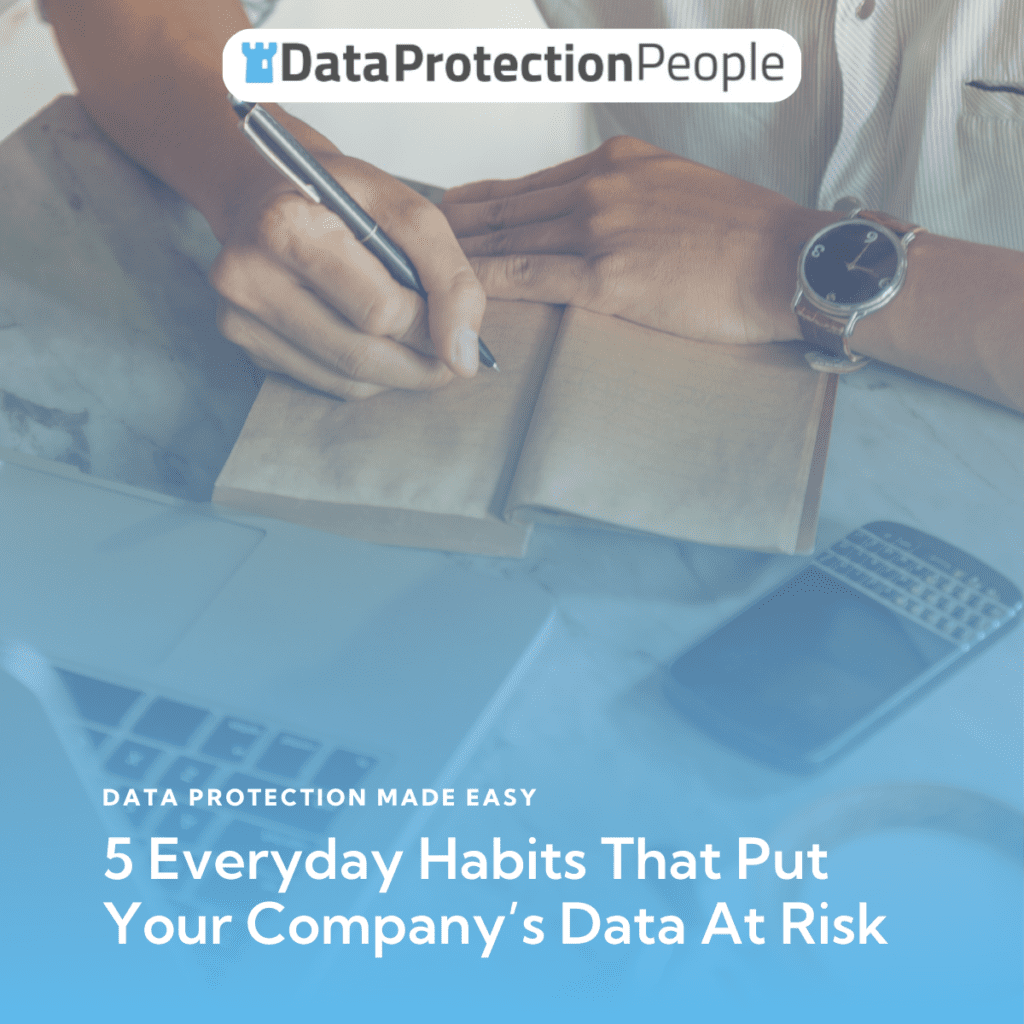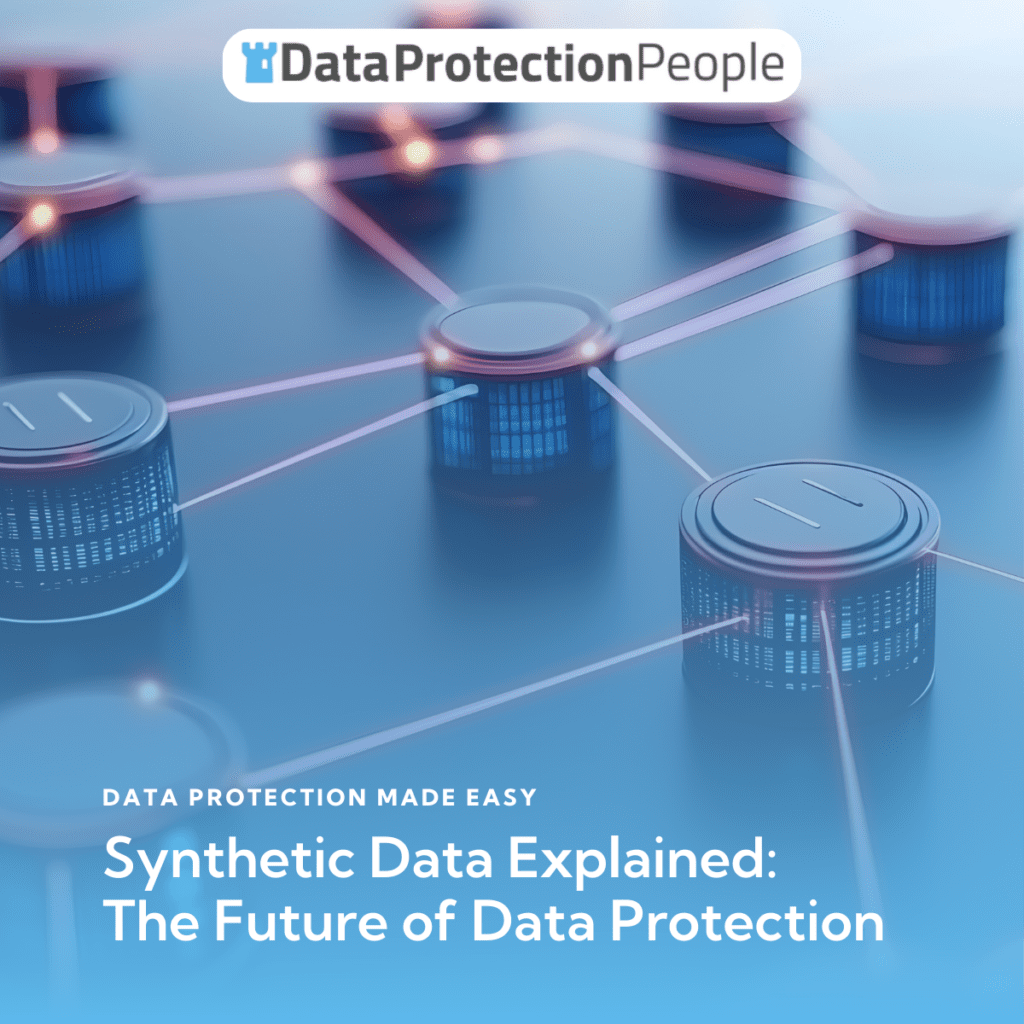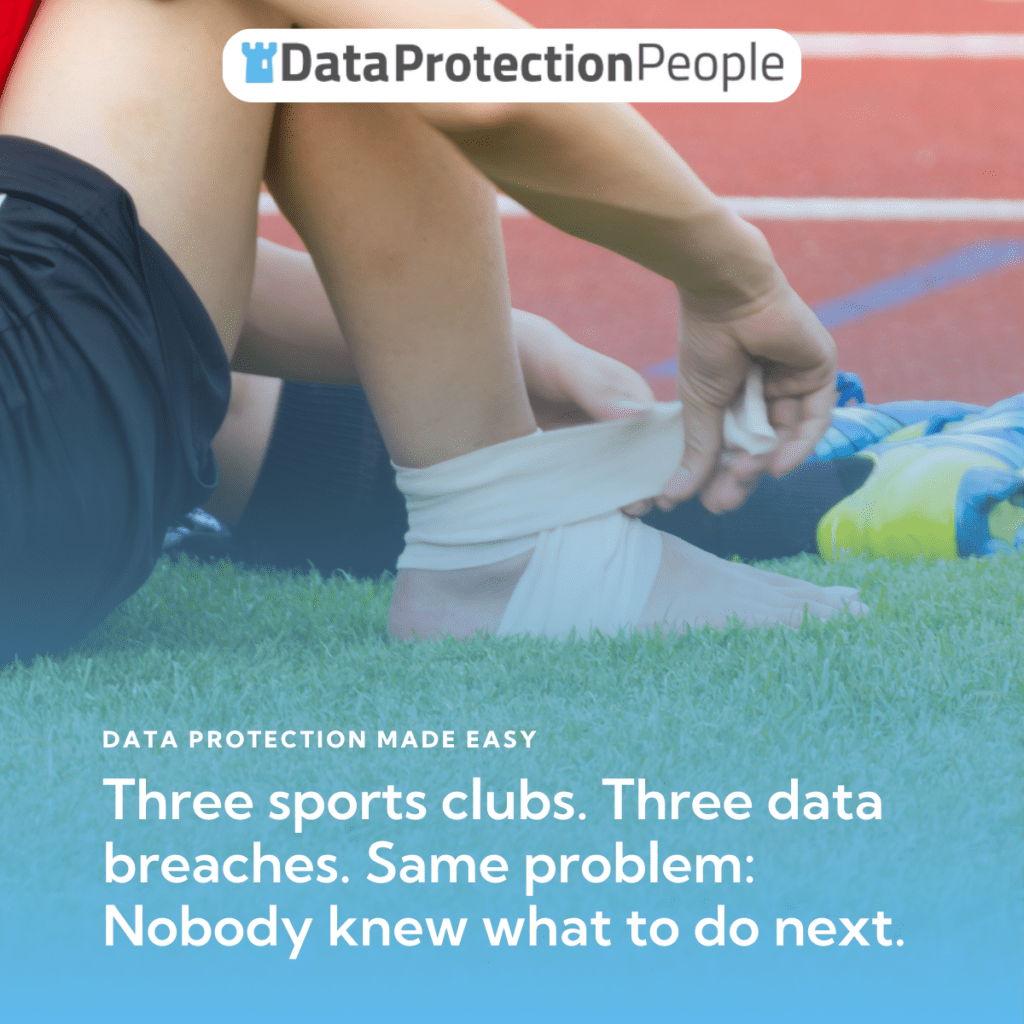Under UK GDPR, businesses must implement appropriate measures to protect personal data – and training your staff is an essential part of that. Without robust GDPR training, your staff could be putting your business at risk of non-compliance and data breaches, as well as subsequent fines and reputational damage. In this blog post, we discuss…
-

-

Ensuring your business is GDPR compliant begins with training, but GDPR training isn’t a one-size-fits-all approach. The right GDPR training course depends on your staff’s roles and the type of personal data they handle. In this article, we’ll help you understand what GDPR training your employees need to stay compliant and protect your customers’ data….
-

Updated ICO guidance on Data Subject Access Requests, what organisations need to know in 2026 The Information Commissioner’s Office (ICO) has published updated guidance on handling Data Subject Access Requests (DSARs). The update reflects changes introduced by the Data (Use and Access) Act 2025, alongside recent case law that clarifies how these changes should operate…
-

UK data protection reform, key updates from the Data Use and Access Act Significant reforms to UK data protection and ePrivacy law take effect on 5 February 2026 under the Data (Use and Access) Act 2025 (DUAA). The Act amends rather than replaces the UK GDPR, Data Protection Act 2018, and the Privacy and Electronic…
-

STAIRs – Frequently Asked Questions Last week we hosted our largest Data Protection People event to date, welcoming 80 housing professionals to a dedicated STAIRs session focused on transparency, accountability, and the practical realities of compliance in social housing. We were joined by a brilliant guest speaker, Sian Green from Yorkshire Housing alongside sessions from…
-

Why Data Protection Day Matters in 2026 and How Organisations Can Use It to Build Trust Data Protection Day is more than a date in the calendar. In 2026, it has become a vital reminder for organisations to pause, reflect and strengthen how they protect personal data in an increasingly complex digital world. With artificial…
-

Most businesses deal with data, whether that’s collecting it for marketing, generating it through customer purchases or processing it for payroll. Without a robust data privacy culture, your business is at risk of accidental data breaches, attacks from hackers and non-compliance with GDPR regulations. In this article, we’ll discuss the steps you can take to…
-

Whether it’s clicking a link in a phishing email or sending sensitive data to the wrong person, it’s often a simple error that could leave your business dealing with financial losses and reputational damage due to a major data breach or cyber attack. In this article, we’ll look at five small habits that can have…
-

Synthetic data is a solution to the tension between the need for real data to train AI, test systems and run analytics, and the need to stay compliant and protect individuals’ data. If you’re worried about using sensitive personal information and GDPR, this could be the answer you’re looking for. In this article, we’ll talk…
-

GDPR for Sports Clubs: Why Standard Compliance Advice Doesn’t Work (And What Does) How sports organisations can navigate data protection challenges with a framework built specifically for the sector. Three sports clubs. Three data breaches. Same problem: nobody knew what to do next. A Premier League academy discovers staff have been accessing player medical records…
Join our community
Our mission is to make data protection easy: easy to understand and easy to do. We do that through the mantra of benchmark, improve, maintain.

